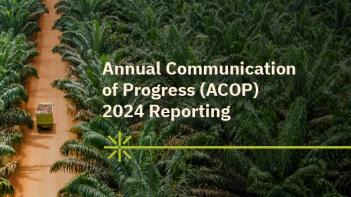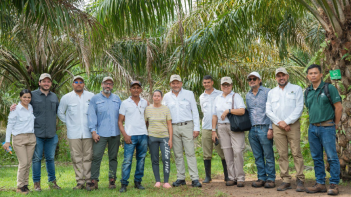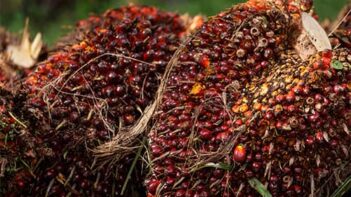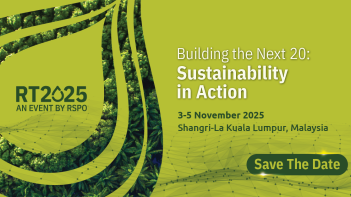In 2017, the RSPO Board of Governors endorsed the Complaints and Appeals Procedures (2017) which relates to and impacts upon the operations of the RSPO Dispute Settlement Facility (DSF). In this regard, the DSF having decided to revise its procedures aimed at strengthening and aligning itself with the Complaints and Appeals Procedures, has consulted with representatives of Complainants, RSPO members and officers, as well as the DSF Advisory Group. With this valuable range of input and guidance, the DSF has reviewed its approach to supporting Complainants and RSPO members equally and crafted a set of Operational Guidelines and a renewed Framework, Principles and Terms of Reference (FPToR). The FPToR will subsequently be supported by clearly defined Qualifications for the Network of Mediators envisaged by DSF, as well as a Code of Conduct for Professional DSF Mediators.
DSF wishes to put on record that only the Operational Guidelines and the renewed Framework, Principles and Terms of Reference (FPToR) are released for Public Consultation.
In submitting these draft documents for Public Consultation, we are inviting comments to support our goal to attain high professional standards of good practice in delivery of DSF Mediation services.
DSF alerts the public to the fact that the proposed revisions remain subject to further internal discussions which will be informed by the public response that we hereby invite, as well as practical internal deliberations on the evolution of DSF’s governance, financial resources and capacity of RSPO to deliver, always subject to the support of its members.
Please click here for the survey.
Keep reading

From the Amazon to the Aisles: Discovering Sustainable Palm Oil in the Heart of Peru

Global Trends of Sustainable Palm Oil and China's Pathway

Final list of ACOP 2024 Non Submitters

New ISEAL Case Study Identifies Pathways to EUDR Compliance in Palm Oil Sector
Call for Expression of Interest: Nigeria National Interpretation Task Force for 2024 RSPO Principles and Criteria (RSPO P&C) and Independent Smallholder (ISH) Standard

From Cocaine Processing to Cultivating Palm Oil: Resilience takes root in a Colombian community

Social Sustainability in Focus at the Europe Sustainable Palm Oil Dialogue

Cost-Benefit Analysis To Sourcing Sustainable Palm Oil in India [SUBMISSION BY 18 JUNE 2025]




